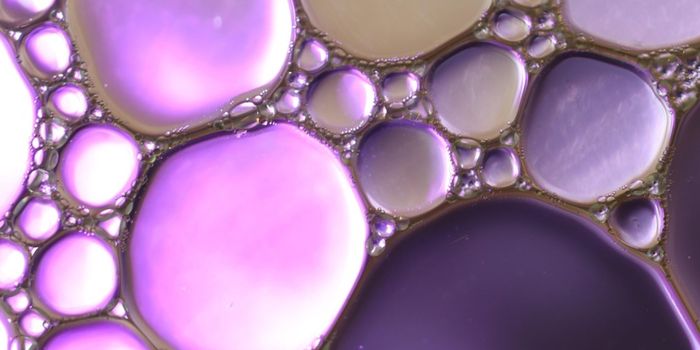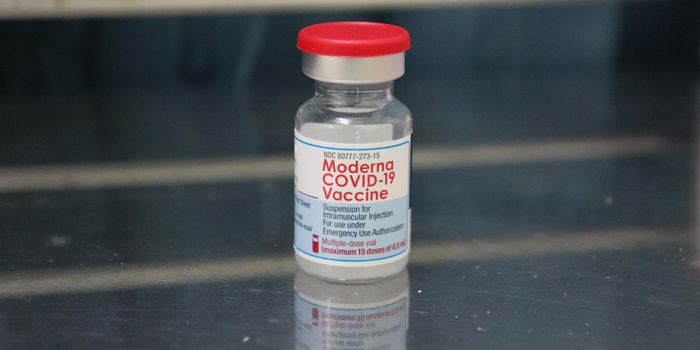Reward and Punishment Take Similar Paths in the Mouse Brain
Scientists have determined that mice have brain cells that can help them learn to avoid bad experiences. These neurons sit in a region of the brain called the striosome that plays a role in the motivations that affect behavior. The striosome was thought to be involved in reward-seeking behavior and the ability to learn from positive reinforcement. Thus, it seems that the striosome may actually be a processing hub for complex behaviors that relate to motivation. The work has been reported in Cell.
It will be critical for us to understand the function of the striosome, noted the study leader Bo Li, of Cold Spring Harbor Laboratory (CSHL) because motivation processing is disrupted in people with certain mental disorders.
"We know those neurons are important for normal motivation: the motivation to pursue a reward or the motivation to avoid punishment," Li said. "So we have hopes that the striosome neurons could be critical for either, or both depression and addiction."
The striosome is within a larger region called the dorsal striatum, which contains cells whose identities are defined by the molecules they produce. They don't occupy a fixed location, and this mixed population of cells is, therefore, difficult to study. To overcome this hurdle, Li's team used a gene called Tshz1 as an identifier of certain neurons, which express the gene. They could monitor these Tshz1-tagged cells in mice.
Along with collaborators at CSHL, Stanford University, and the Howard Hughes Medical Institute's Janelia Research Campus, the scientists showed that cells in the striosome that express Tshz1 are necessary for mice to learn to link unpleasant experiences with particular places or sounds. These same cells did not have any role in the animals' ability to learn from rewards; other neurons in the striosome do that.
"So it seems like the striosome is not as simple as we initially believed. There's actually two kinds of neurons in the striosome that allow the animal to do both reward-pursuing and also punishment avoidance," said Li. "Those different things are both critical for us to survive with. You can imagine if you are not sensitive to punishment, you're going to get into trouble if you run into danger and if you are not sensitive to reward, of course, you can also have a difficulty in survival, because you are not going forward for the food, for example."
If researchers learn how neurons in the striosome and other parts of the brain that process motivation are interacting, it may be possible to gain insight into mental illnesses and how to treat then, Li added.
Sources: AAAS/Eurekalert! via Cold Spring Harbor Laboratory, Cell








